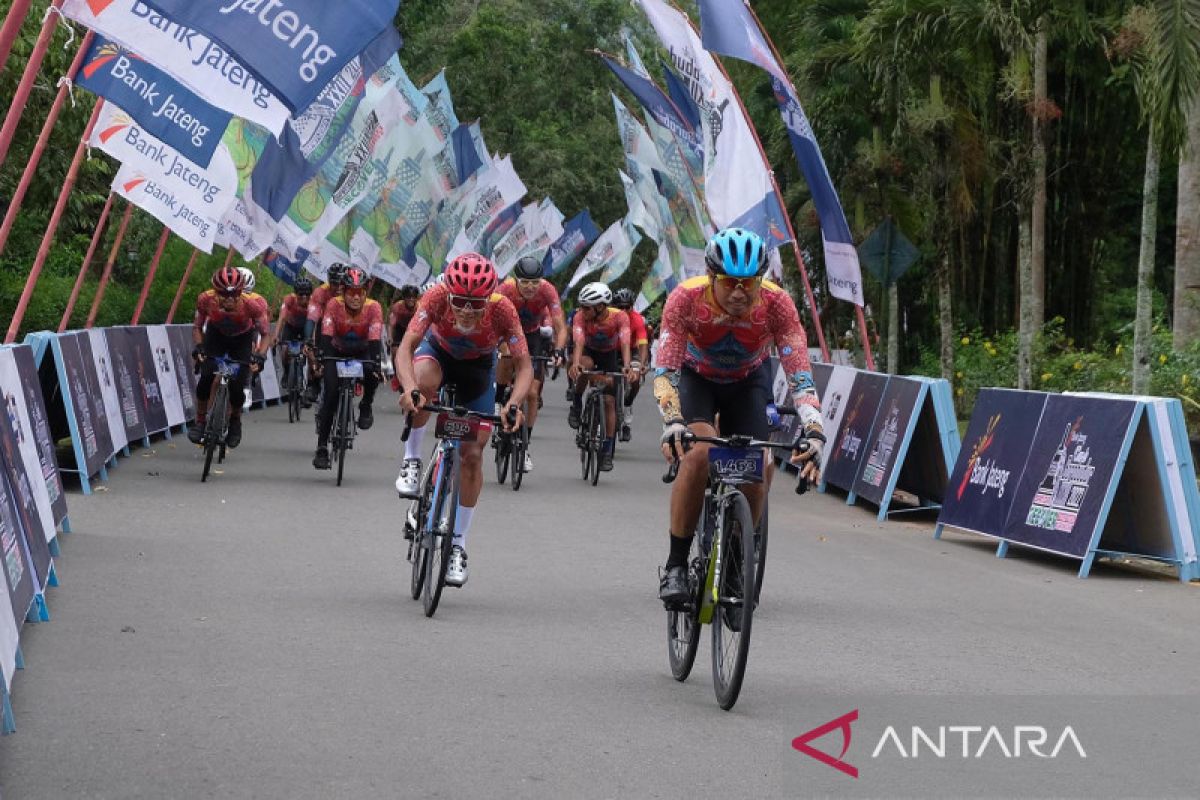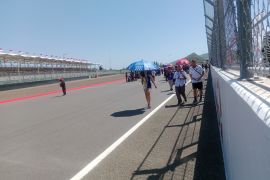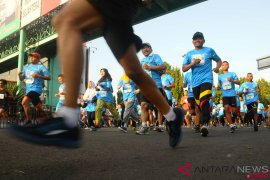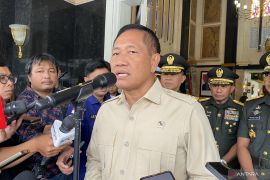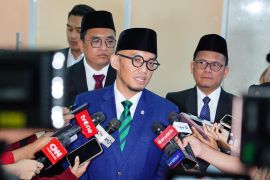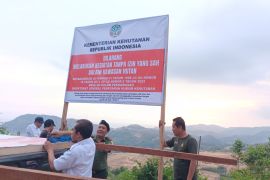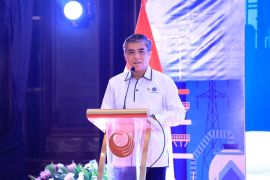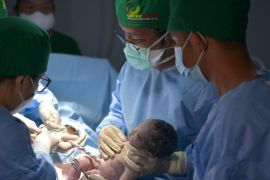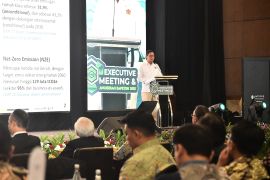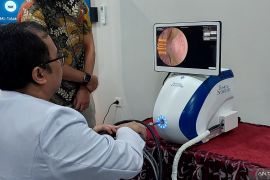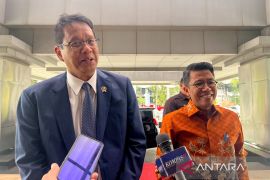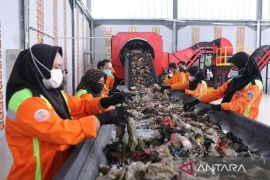The success of sports tourism events in Indonesia is due in part to the government's commitment to preparing infrastructure, such as sports venues, tourism and cultural programs, and building an economic ecosystem that is integrated with the world of sports.
However, the government still faces several challenges, including air pollution.
Tourism and Creative Economy Minister Sandiaga Uno assessed that air pollution can threaten the potential of sports tourism.
Uno cited the impact of air pollution on international marathon race events in Jakarta, Bogor, Depok, Tangerang, and Bekasi (Jabodetabek) as an example.
"There are many prospective participants of this sports-based tourism that are considering this. Thus, if it is not handled well, this will have a negative impact on the reputation and organizing of similar events," he pointed out.
Based on data, sports tourism in Indonesia has a significant economic impact on the community. Therefore, it is important to involve local communities in the development of sports tourism to empower them.
Efforts to improve the quality of human resources in sports tourism destinations should continue to be made by the government, for instance, through training for local communities on ways to prepare for sports tourism events and welcome tourists.
Good preparation and warm welcome from the local communities can give a good impression to tourists and attract them to return again in the future, even without sports tourism events.
Related news: Minister targets equestrian development for driving sports tourism
Related news: WCCN Grand Tour Series can support sports tourism: Minister
Translator: Fauzan, Raka Adji
Editor: Anton Santoso
Copyright © ANTARA 2023
